Mechanical keyboards have stood the test of time, remaining a favored option among computer users. Their enduring popularity can be attributed to several factors, foremost among them being their superior tactile feedback and keystroke response compared to traditional keyboards.
In addition to the enhanced typing experience, durability is another compelling reason for opting for a mechanical keyboard with a laptop. Unlike their traditional counterparts, mechanical keyboards boast keys that are less prone to wear and tear over time. They are also less susceptible to issues like “sticky keys,” ensuring a consistently smooth performance. Many individuals favor the tactile feel and reliable performance of mechanical keyboards, finding them to facilitate easier and more comfortable typing.
For those seeking an improved typing experience, a mechanical keyboard may prove to be the ideal choice.
A Superior Typing Experience
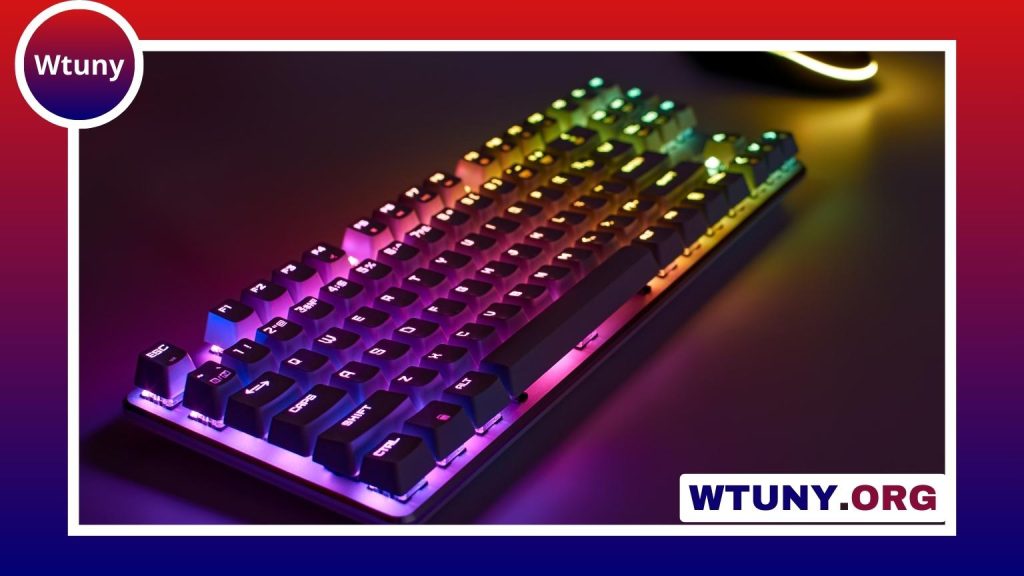
Many individuals assume that the keyboard on their laptop mirrors any other keyboard. However, the reality is starkly different: the laptop keyboard varies significantly from that of a desktop computer or even another laptop. Unlike its counterparts, the laptop keyboard typically offers far less tactile feedback, posing challenges for quick and accurate typing.
In contrast, a mechanical keyboard provides considerably more tactile feedback than both traditional and laptop keyboards. This heightened feedback greatly facilitates swift and precise typing. With a mechanical keyboard, the tactile sensation allows you to intuitively sense the keys as you type, aiding in locating the correct key and typing without constant visual reference.
Furthermore, the tactile nature of a mechanical keyboard contributes to quieter typing. Often dubbed “quiet” keyboards, mechanical keyboards produce less noise compared to traditional ones. This is attributed to the keys being stabilized by springs, rendering them more resistant to bottoming out, where the key hits the base with full force.
Also Read: Why do gamers prefer mechanical keyboards?
Customizable Typing Feel
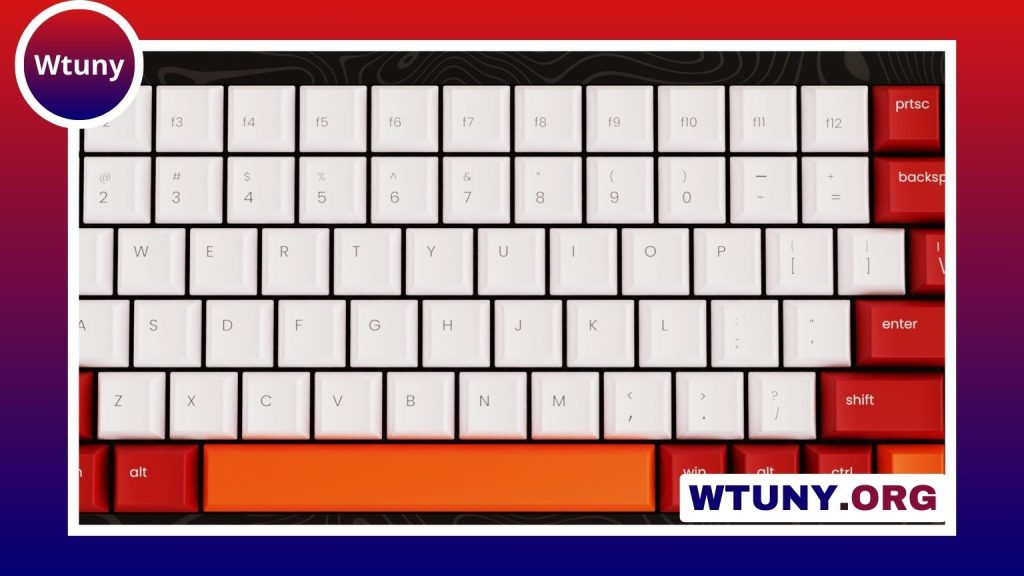
The world of switches offers a remarkable diversity, presenting users with a plethora of options to suit their specific tactile preferences. This array of choices empowers individuals to select switches with distinct characteristics, tailoring their experience to personal preferences. For instance, while some favor switches with a sharp, distinct click, others gravitate towards those with a softer, more subdued click. Similarly, preferences vary regarding the level of tactile feedback, with some preferring ample feedback while others prefer less.
Switches are available in various types, including toggle switches, rocker switches, and slide switches. Toggle switches feature a lever that is toggled up or down to activate or deactivate the switch, whereas rocker switches employ a long lever that rocks back and forth. Slide switches, on the other hand, are activated by sliding them up or down.
Toggle switches are renowned for their durability and versatility, suitable for both high- and low-traffic areas, yet they may pose challenges for individuals with limited mobility due to their operation mechanism. Rocker switches offer ease of use, although they may not match the durability of toggle switches. Slide switches, while simple to operate, may not match the durability of toggle or rocker switches. Ultimately, selecting the appropriate switch type enables users to craft a comfortable and satisfying environment tailored to their needs.
Investing in Quality: Long-Term Benefits
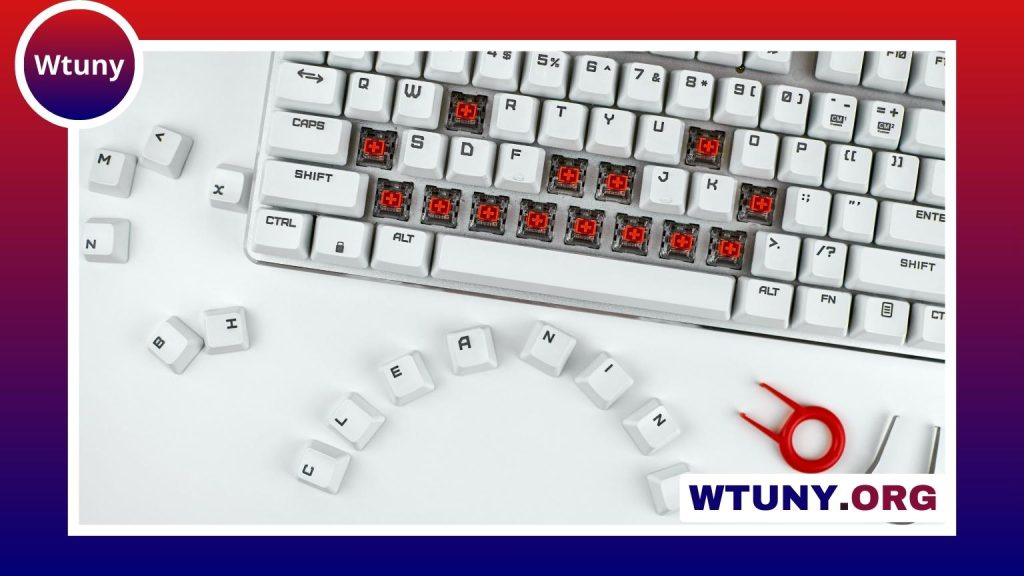
Mechanical keyboards are frequently regarded as a superior choice over traditional membrane keyboards due to several compelling reasons. Firstly, their enhanced durability allows them to withstand more wear and tear, ensuring longevity and reliability. Moreover, mechanical keyboards offer a superior typing experience characterized by more responsive keys and enhanced tactile feedback. This aspect proves especially advantageous for individuals who engage in extensive typing tasks, enabling heightened accuracy and efficiency.
Mechanical keyboards often boast a higher degree of customization, providing users with a wider array of key options and backlighting settings to tailor the typing experience to their preferences. This versatility allows users to personalize their setup according to their unique needs and preferences.
In summary, mechanical keyboards stand out as an excellent option for users seeking a durable, responsive, and customizable typing experience that enhances both comfort and productivity.
Switching It Up: Customization Beyond Aesthetics
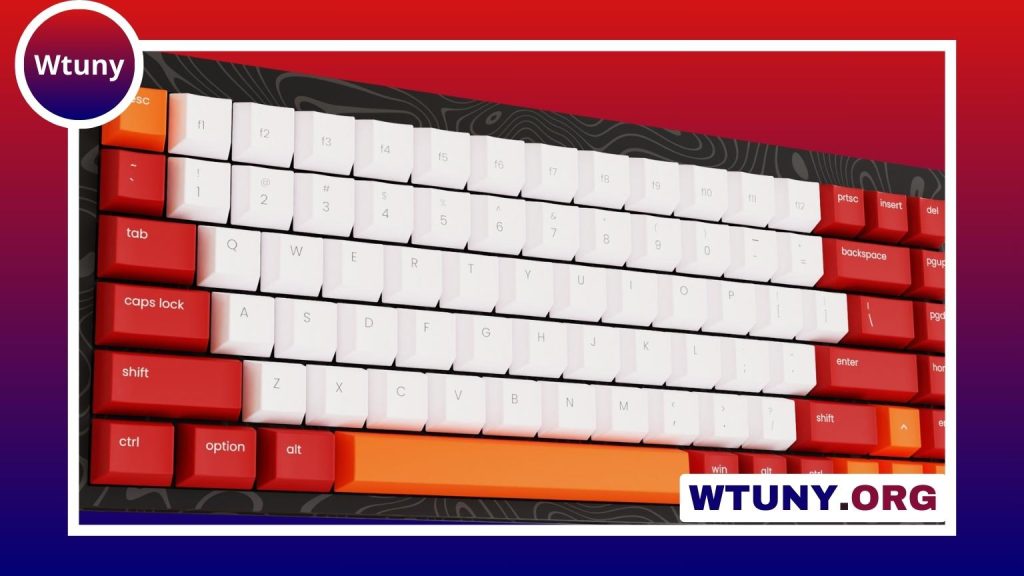
Users have the opportunity to finely craft their typing experience through the selection of various switch types, among which tactile, linear, and bump switches stand out as prominent choices. Tactile switches, distinguished by a discernible bump sensation upon key press, offer a tactile feedback that aids users in pinpointing keys with precision, enhancing typing accuracy and comfort. Conversely, linear switches provide a seamless typing experience devoid of tactile feedback, catering to individuals who prioritize swift and silent operation, ideal for environments where noise is a concern.
Meanwhile, bump switches introduce a subtle tactile bump in the middle of the keypress, reducing the force required to activate the key while still providing tactile feedback, striking a balance between comfort and efficiency.
Each switch type presents a distinct set of advantages and considerations, prompting users to explore different options to ascertain the one that best aligns with their preferences and requirements. For instance, while tactile switches are favored by users seeking a tactile typing experience for improved precision, they may produce slightly more audible keystrokes compared to other types. Conversely, linear switches excel in delivering rapid and near-silent typing, making them suitable for a diverse range of applications where noise reduction is paramount.
Ultimately, the decision regarding switch type hinges on individual preferences, typing style, and the specific demands of the user’s environment, underscoring the importance of customization in optimizing the typing experience.
Can you use a mechanical keyboard with a laptop?
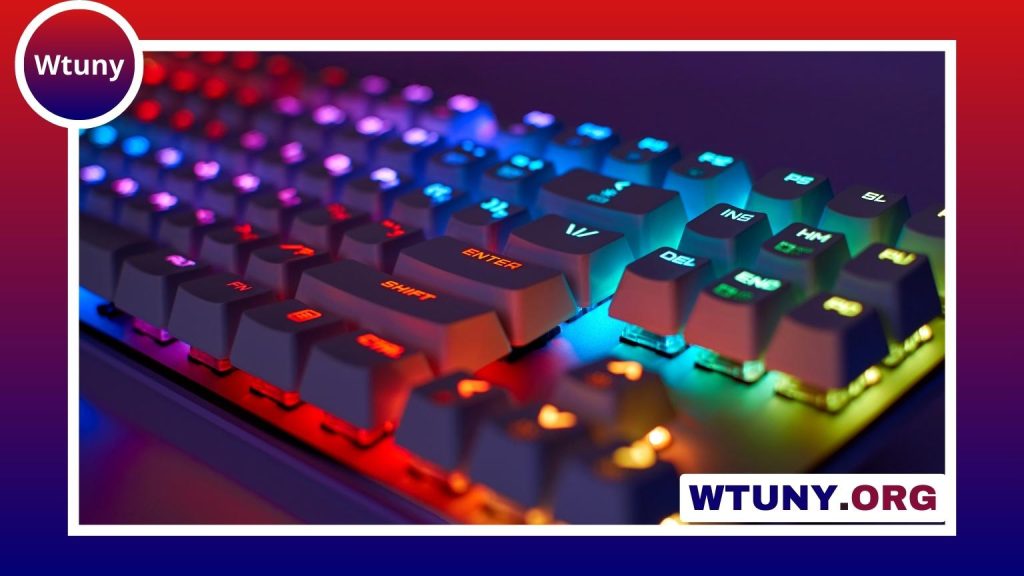
Mechanical keyboards, traditionally associated with desktop computer setups, are not always seamlessly compatible with laptops. However, in response to the demand for versatility, manufacturers have developed mechanical keyboards explicitly engineered for use with both laptops and desktops. Additionally, adapters are available to bridge the connection between a mechanical keyboard and a laptop, ensuring compatibility and expanding users’ options for their typing experience across different devices.
The decision to integrate a mechanical keyboard with a laptop can yield significant benefits, particularly in terms of prolonging the lifespan of the computer. Unlike standard keyboards, which are prone to wear and tear, the repeated usage of a laptop’s built-in keyboard can lead to accelerated deterioration due to its compact and delicate design. By incorporating a mechanical keyboard, users effectively redistribute the typing workload, thereby potentially doubling the longevity of their laptop and safeguarding its performance over time.
Mechanical keyboards are celebrated for their durability and reliability. Each key features an individual switch mechanism, rendering them more robust and resilient compared to standard keyboards. Moreover, mechanical keyboards boast an impressive lifespan, often rated for up to 50 million keystrokes, far surpassing the 5 million keystroke lifespan typical of regular keyboards. This exceptional durability and extended lifespan make mechanical keyboards an invaluable investment for users seeking to preserve the functionality and longevity of both their laptops and desktop computers, ultimately enhancing their overall computing experience.
Is it better to use a keyboard with laptop?
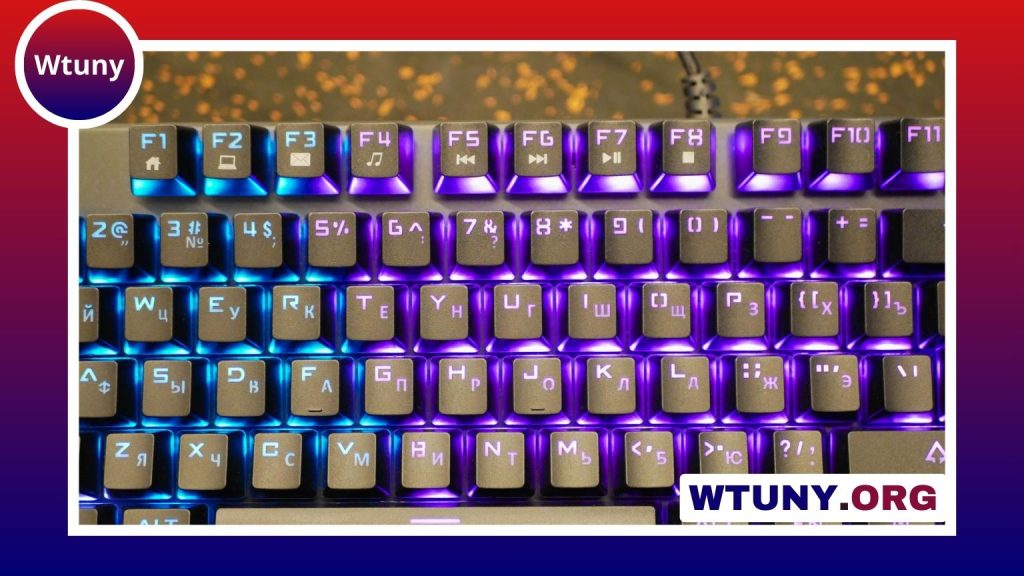
The decision regarding whether to use a keyboard alongside a laptop is a nuanced one, shaped by individual preferences and specific needs. While some individuals find that integrating a keyboard enhances their productivity and overall typing experience, others may prefer the convenience and familiarity of the laptop’s built-in keys.
An external keyboard offers several advantages, chief among them being the potential to increase typing speed. The familiar layout and customizable shortcuts of an external keyboard can streamline typing tasks, enabling users to work more efficiently. Furthermore, the use of an external keyboard can provide enhanced cursor control, facilitating tasks such as document editing and web navigation with greater precision and ease.
However, there are notable drawbacks to using a keyboard with a laptop, particularly when on the go. The additional weight and bulk of carrying both devices can be cumbersome and inconvenient, occupying valuable space in bags or luggage and potentially contributing to fatigue during travel. Additionally, if the laptop already features a well-functioning built-in keyboard, the simultaneous use of an external keyboard may not be practical or necessary in every scenario.
Ultimately, the decision to use a keyboard with a laptop is highly subjective and contingent upon individual preferences, workflow habits, and the specific demands of the situation at hand.
CONCLUSION
There are many reasons why people might choose to use a mechanical keyboard with their laptop. Some might find that the keyboard feels more comfortable or natural to use, while others might appreciate the tactile feedback and increased speed and accuracy that a mechanical keyboard can offer. Additionally, some people might find that a mechanical keyboard helps to reduce fatigue when typing for extended periods of time. Ultimately, the choice to use a mechanical keyboard with a laptop is a personal one, and there are many valid reasons for doing so.
If you plan to use your laptop for heavy-duty work such as programming or graphic design, a keyboard with a laptop may be a better option. This is because a keyboard with a laptop will provide you with a more comfortable and accurate typing experience. However, if you plan to use your laptop for activities such as browsing the Internet or watching movies, a keyboard with a laptop may not be necessary. In this case, you can save money by using the keyboard that came with your laptop.
Faqs
- What makes mechanical keyboards a preferred choice for computer users?
- Mechanical keyboards offer superior tactile feedback and keystroke response compared to traditional keyboards, enhancing the typing experience.
- They are more durable and less prone to issues like “sticky keys,” ensuring consistent performance over time.
- How does a mechanical keyboard enhance the typing experience?
- Mechanical keyboards provide significantly more tactile feedback than traditional and laptop keyboards, aiding in swift and precise typing.
- They offer quieter typing compared to traditional keyboards due to their design, which reduces noise from bottoming out keys.
- Are mechanical keyboards customizable?
- Yes, users can choose from various switch types to tailor the typing experience to their preferences, such as tactile, linear, and bump switches.
- Switches come in different types like toggle, rocker, and slide switches, offering versatility in operation and durability.
- Can mechanical keyboards be used with laptops?
- While traditionally associated with desktop setups, there are mechanical keyboards explicitly engineered for use with laptops.
- Adapters are also available to bridge the connection between mechanical keyboards and laptops, ensuring compatibility.
- What are the benefits of using a mechanical keyboard with a laptop?
- Using a mechanical keyboard can potentially prolong the lifespan of a laptop by redistributing typing workload and reducing wear on the built-in keyboard.
- Mechanical keyboards offer durability, reliability, and extended lifespan compared to standard laptop keyboards, enhancing the overall computing experience.
- Is it better to use a keyboard with a laptop?
- The decision depends on individual preferences and needs. An external keyboard can enhance typing speed, productivity, and cursor control but may add bulk and weight when on the go.
- Ultimately, whether to use a keyboard with a laptop is subjective and contingent upon workflow habits and specific requirements.
Clare Hobson is a university-trained tech game developer with a passion for creating immersive gaming experiences that blend cutting-edge technology with compelling storytelling.







